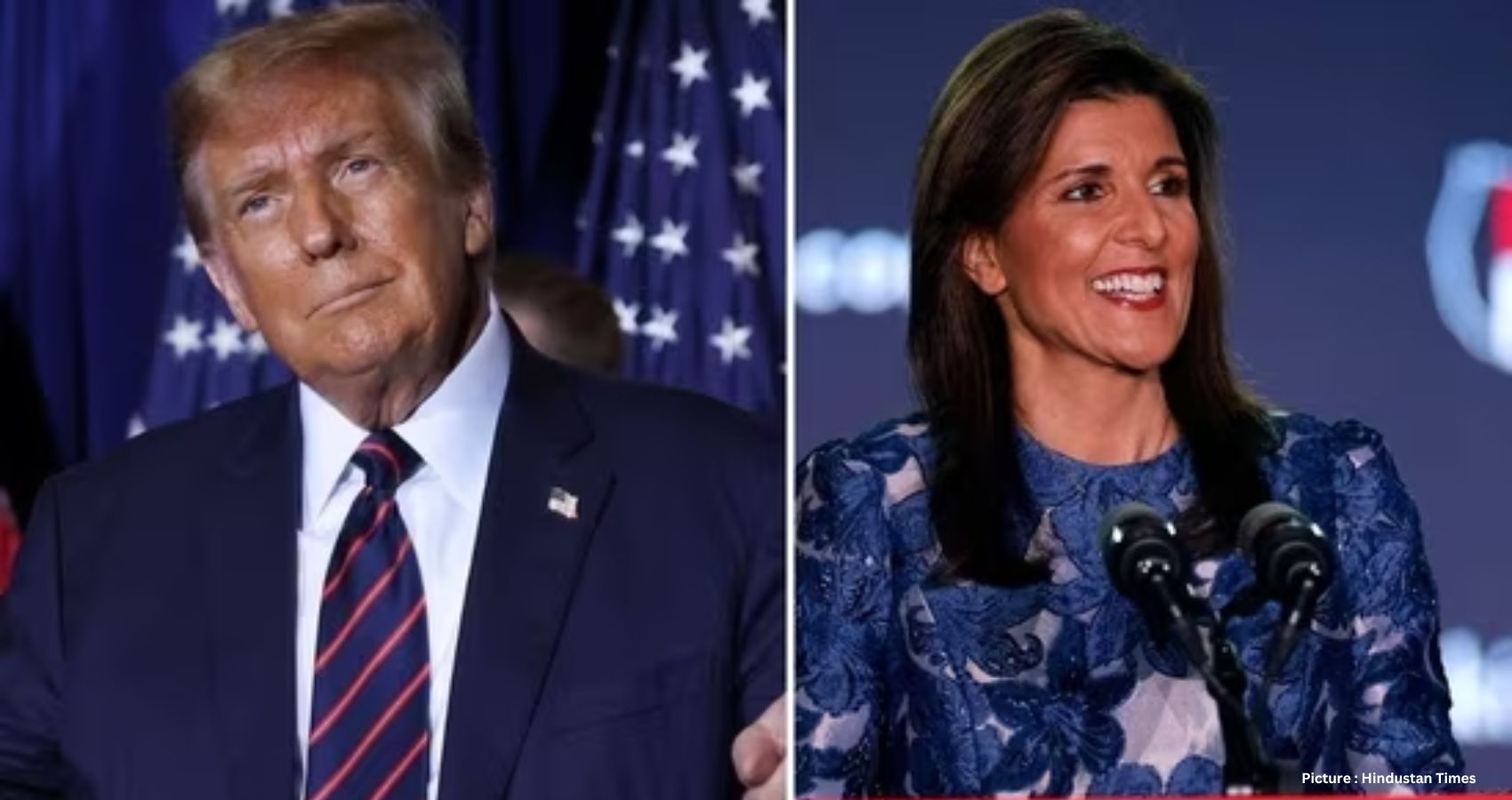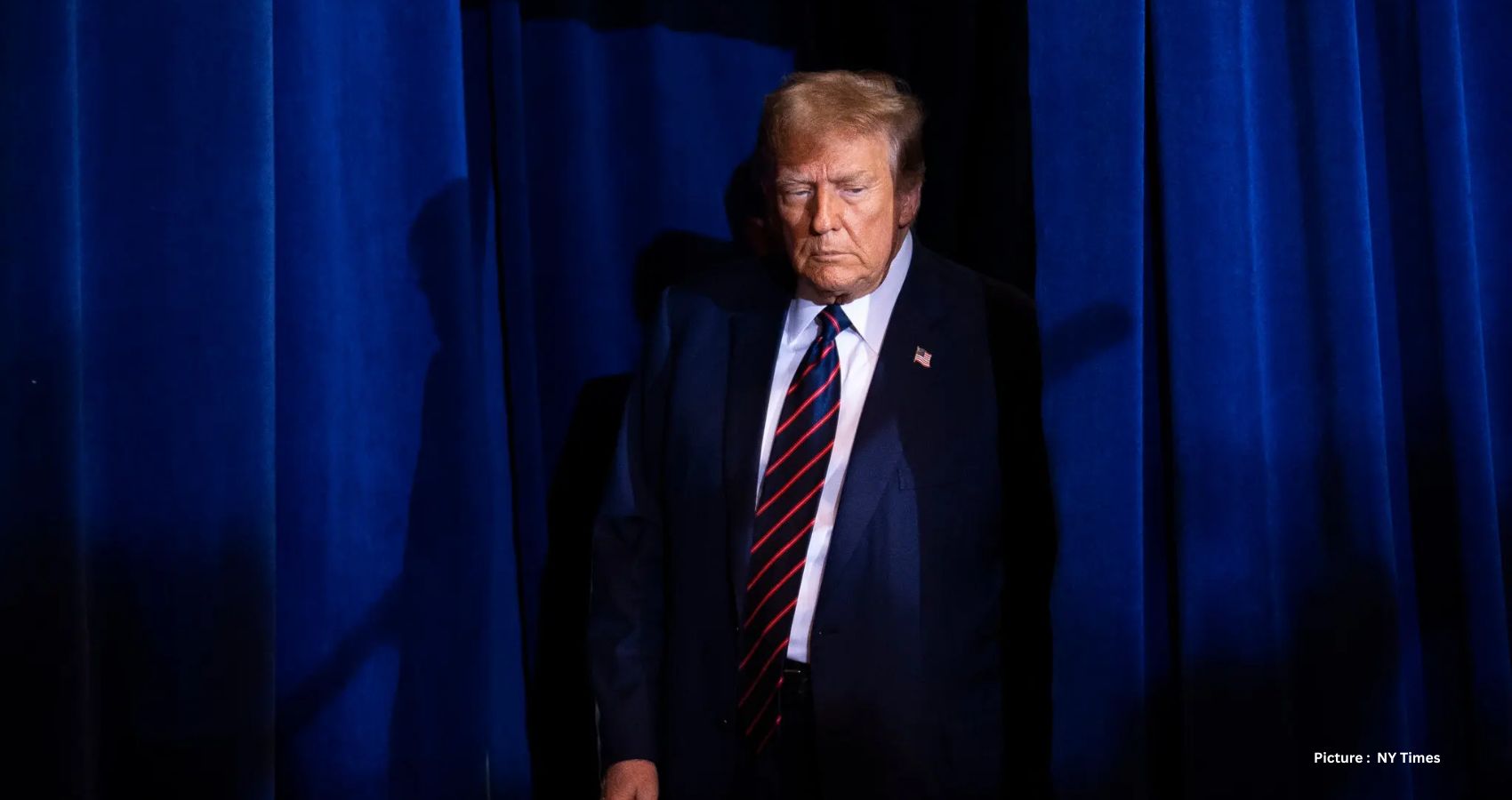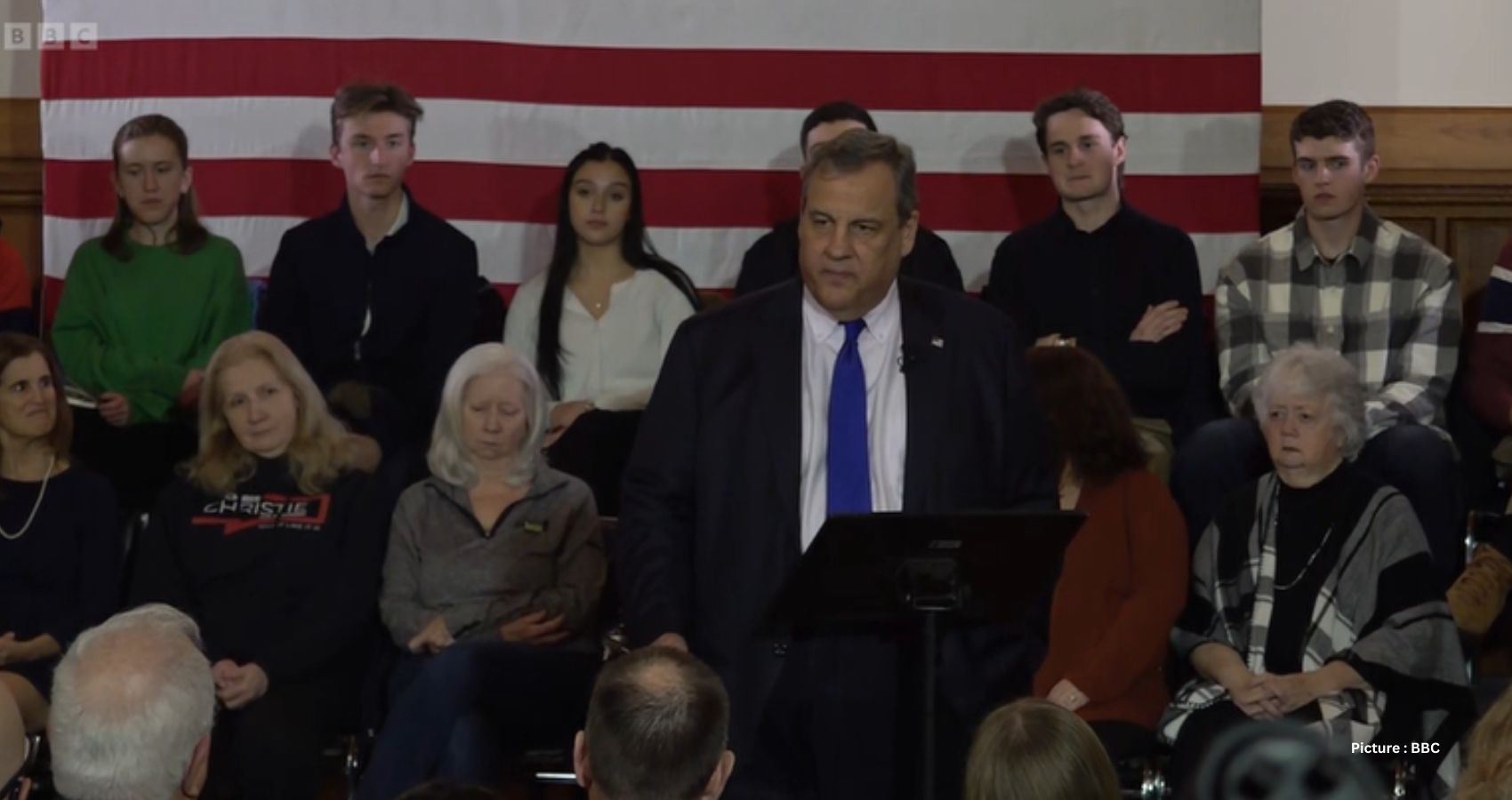Nikki Haley asserted her commitment to persist in the Republican presidential primary race against former President Trump, affirming her determination during an address in Greenville, South Carolina. “I’m not going anywhere,” she declared, emphasizing her readiness to vocalize uncomfortable truths and her refusal to yield to intimidation. She asserted, “I feel no need to kiss the ring… My own political future is of zero concern.” Haley drew parallels between her contest against Trump and the biblical tale of David and Goliath, dismissing speculation that she seeks the vice presidency or is positioning herself for a future presidential bid.
Despite trailing Trump significantly in South Carolina according to The Hill’s Decision Desk HQ polling average, Haley remained resolute. Trump’s campaign had issued a memo suggesting her impending defeat, characterizing her as a “wailing loser” clinging to a false reality. Haley brushed off such assertions, reaffirming her intention to persevere beyond the primary, declaring, “South Carolina will vote on Saturday, but on Sunday I will still be running for president.”
She did not shy away from criticizing both Trump and President Biden, targeting their age and mental acuity, alleging they are “at risk for dementia” and act as “dividers.” Haley highlighted public concerns over their age, stressing, “Nearly 60 percent of Americans say Trump and Biden are both too old to be president.” She accused Biden of self-inflicted harm and criticized Democrats for what she perceives as anointing him rather than engaging in robust competition.
In an emotional moment, Haley choked up as she discussed her husband Michael Haley, currently deployed abroad with the South Carolina Army National Guard. Her remarks followed a jab from Trump questioning why Michael wasn’t accompanying her on the campaign trail.
Despite her trailing position against Trump in South Carolina and nationally, polling data suggests Haley outperforms Biden in a head-to-head matchup, holding a slim lead over the president according to The Hill’s Decision Desk HQ polling average.




